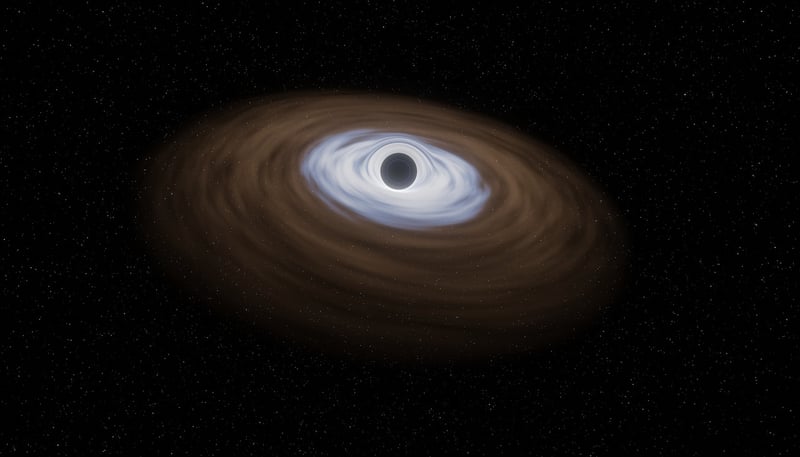Space-Time Continuum
The Science Behind Time Travel and the Space-Time Continuum
Time travel has long been a captivating concept in science fiction, but what does science have to say about the possibility of traveling through time? Let's delve into the fascinating realm of the space-time continuum and explore the scientific theories that underpin the concept of time travel.
The Space-Time Continuum
The space-time continuum is a fundamental concept in physics that combines the three dimensions of space with the fourth dimension of time into a single four-dimensional continuum. According to Einstein's theory of general relativity, space and time are intrinsically linked, forming a dynamic fabric that can be influenced by matter and energy.

Wormholes and Black Holes
One of the most discussed mechanisms for potential time travel is the concept of wormholes. Wormholes are theoretical passages through space-time that could create shortcuts for long journeys across the universe or even allow for time travel between different points in time.

Time Dilation
Time dilation is another phenomenon predicted by Einstein's theory of relativity. It suggests that time can be experienced differently for two observers depending on their relative velocity or gravitational fields. This effect has been experimentally confirmed and is a key element in understanding the potential for time travel.
Grandfather Paradox
One of the intriguing paradoxes associated with time travel is the grandfather paradox. This thought experiment poses the question of what would happen if a time traveler were to go back in time and prevent their grandparents from meeting, thus preventing their own birth. The resolution of such paradoxes remains a topic of debate among physicists.
Conclusion
While time travel remains a speculative and theoretical concept in the realm of science, the exploration of the space-time continuum, wormholes, time dilation, and paradoxes continues to fuel scientific inquiry and inspire the imagination of both scientists and science fiction enthusiasts alike.
For more information on this topic, you can refer to Space.com's article on time travel.
